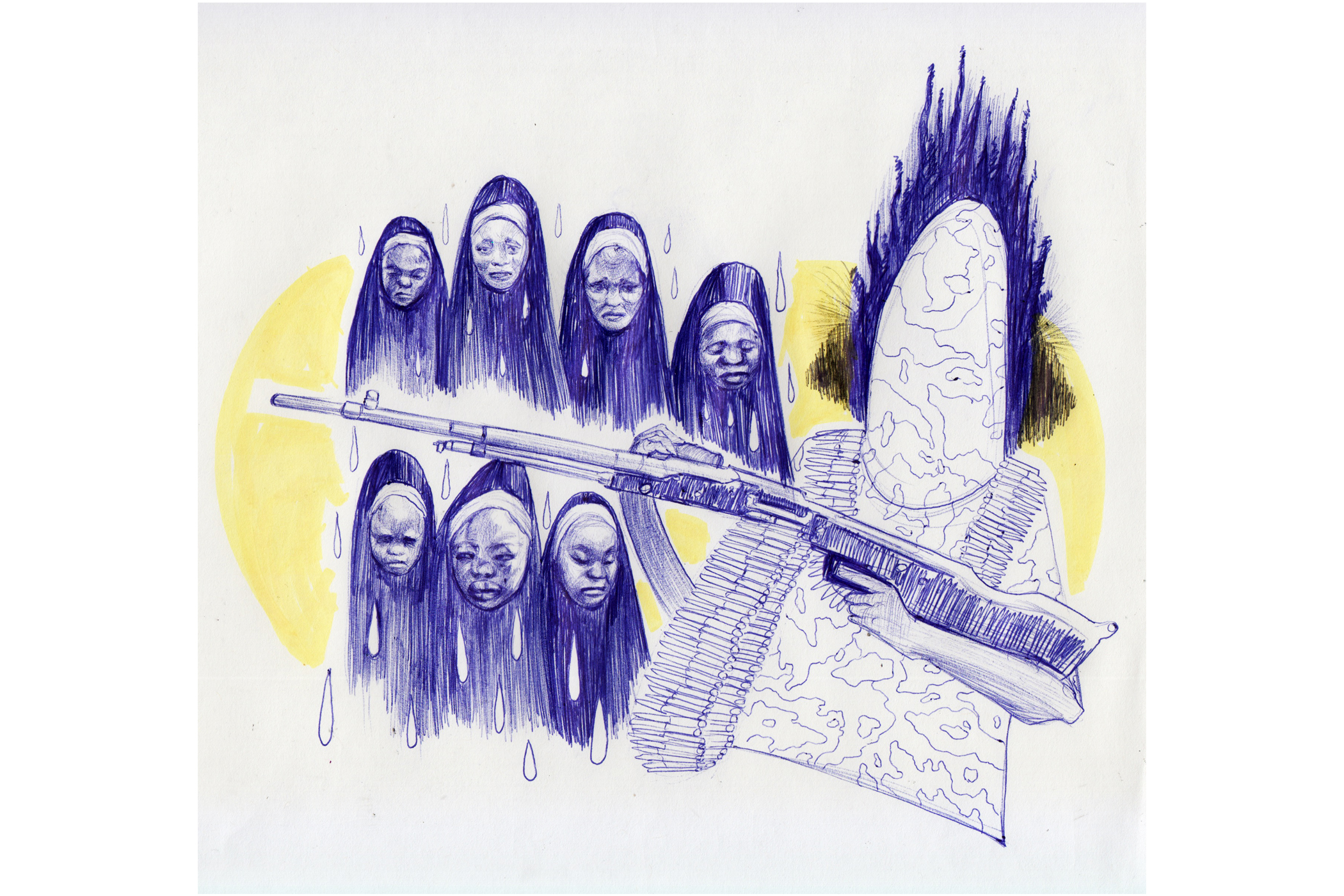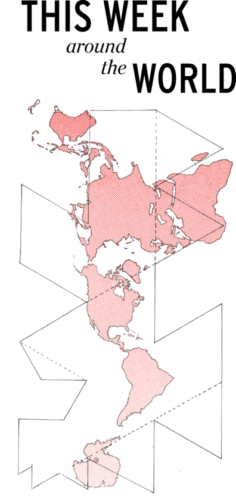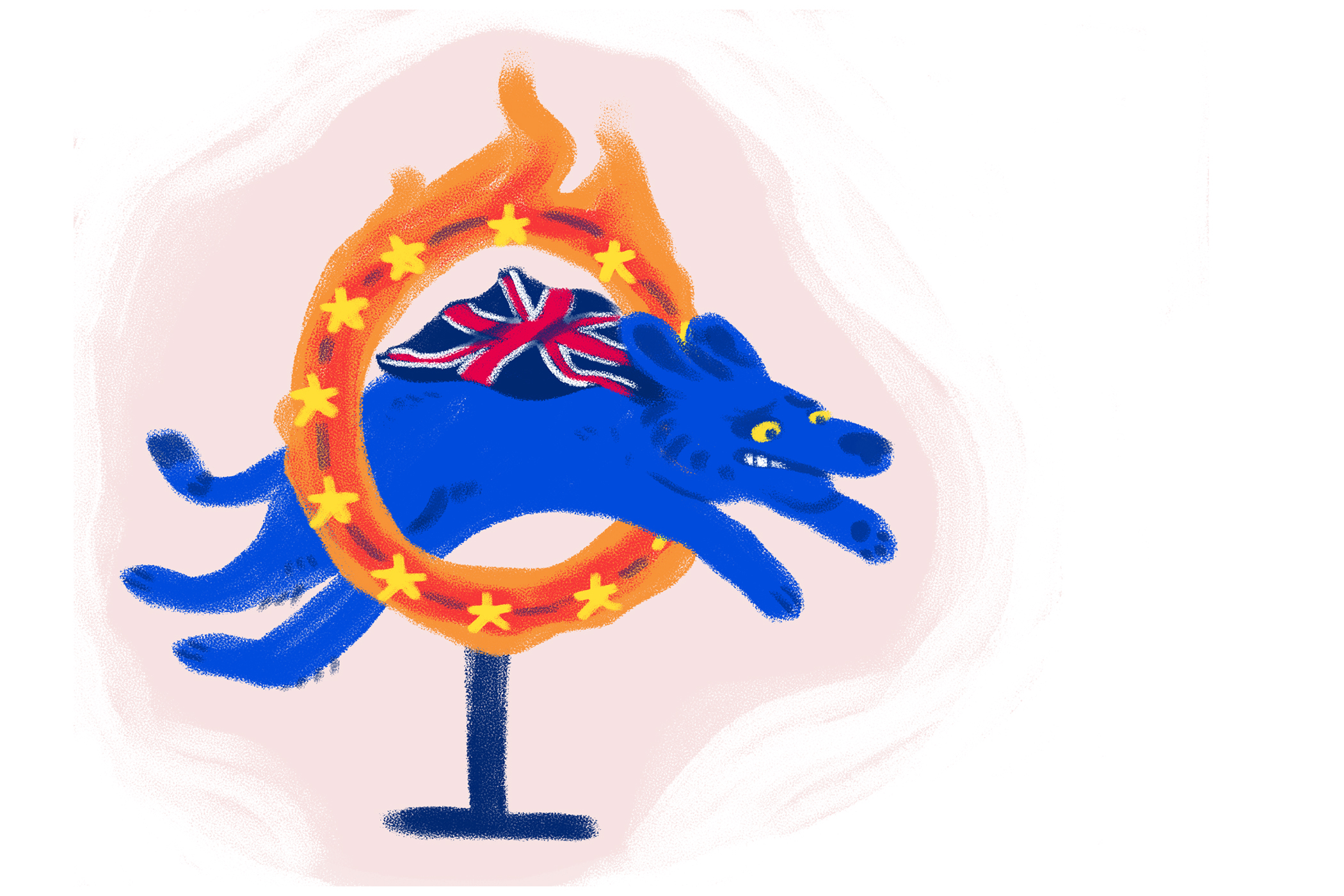Despite President Buhari’s comments a few weeks ago that the Nigerian government had “crushed” Boko Haram, suicide bombings and raids conducted by the group have continued to ravage the region.
Boko Haram is an extremist Islamic group that operates out of Northwestern Africa. In the Hausa language which is native to the region, the words “Boko Haram” roughly translate to “Western education is forbidden,” a name which reflects the main concern of the group.
Founded in 2002, the group has been using violence to extend its agenda since it established a military presence in the region in 2009. In the interval between 2009 and present day, the group has reportedly killed more than 20,000 people and displaced millions more.
In April 2014 Boko Haram made major headlines when the group kidnapped 276 Nigerian women and girls from the town of Chibok, Nigeria to use, they said, as wives. Since then, a few have escaped or been rescued and a large humanitarian campaign has been launched.
Twenty-one of the captives were released under ambiguous circumstances in October 2016; however, over 150 women and girls remain missing. Boko Haram has stated that some of the women and girls have already been killed due to Nigerian army airstrikes, which recently killed hundreds of their own native Nigerians by accident in an airstrike over one of the refugee camps.
Further, the U.N. declared earlier this week that violence and displacement in the region have lead to the malnutrition of over 500,000 children, as well as the closure of many schools.
The Vanguard spoke with Rachel Bruneau, a graduate student pursuing her master’s in Conflict Resolution at Portland State to discuss the causes and implications of the group.
The main question that Bruneau highlighted was that of why. Why is it that extremist “terrorist” organizations like Boko Haram arise in the first place? “If you want to defeat terrorism, you have to know where it comes from first,” Bruneau said.
In Bruneau’s view, the disenfranchised community is where it all begins: The realities of poverty, the lack of education, of job opportunities, and the fight of the African peoples to preserve themselves from a dominant Western culture are all high on the list of why communities such as Boko Haram wish to separate themselves from the Nigerian government.
Bruneau also said she thinks it is important to understand that these communities are in some ways reactionary: With a dominant Western culture exerting its influence on the region comes that dominant culture’s prominent religious and cultural beliefs.
When a mainly religious group like Boko Haram sees Western influence and Christianity at its doorstep, it is reasonably going to be defensive of its own cultural and religious ideals.
Moreover, Bruneau said that years of watching South Nigeria flourish economically and socially under Western influences, while the North where Boko Haram is stationed dives deeper into poverty, has engendered much “hostility and resentment” for Western culture and for those in the region that support or are supported by it.
When asked in what ways the West could begin to form a solution to the violence and poverty affecting the region and to the kind of extremist characteristics of Boko Haram, Bruneau explained that because the problem of extremism is structurally rooted in our current culture of politics and power, the solution must be a structural one also.
In other words, it is more important for us to look at the violence happening there not as an isolated incident, but as a give-and-take of power and violence, where no side is completely innocent, not even the Nigerian or Western governments that the group is fighting.
“It’s not just about educating the world on Boko Haram, it’s providing education for them [that is also important],” Bruneau said.






